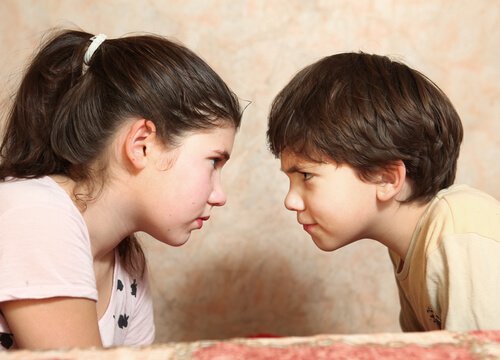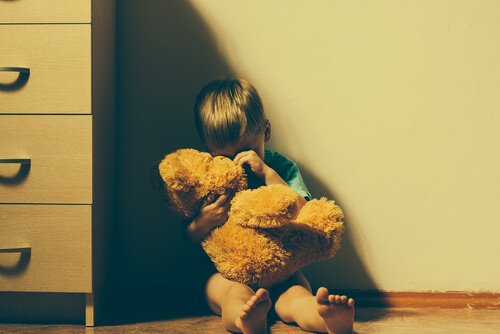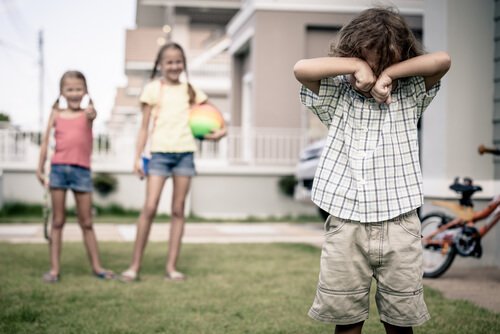Don’t Do to Others What You Don’t Want Them to Do to You

“Don’t do to others what you don’t want them to do to you” is a phrase that everyone hears from a very young age.
Some say that this phrase was coined by Confucius, whereas others believe that it comes from a verse in the Bible. The truth is that regardless, it’s a golden rule from which moral, ethical and legal codes emerge.
Human rights law also takes important bases from this phase. Some people may believe that this phrase is simply superficial. However, not doing to others what you don’t want them to do to you is fundamentally based on the principle of respect towards others.
Do we apply this theory in our daily lives?
If we ask ourselves this question without really reflecting, we’ll surely answer “yes.” However, when we really think about what this phrase means and objectively analyze our behavior, we often realize that sometimes we do the opposite
Here’s an example: Let’s say we’re in a rush and waiting in a long line. The person in front of us in’t paying attention so we take their place in line. This is done regardless of the respect and rights of the person who was in front. Obviously if we were in the position of the person in front, we would be very upset.
Unfortunately, however, this is quite normal behavior among people nowadays. We end up not thinking about the values, feelings and rights of others and as a consequence we often do what we wouldn’t like others to do to us.

Don’t do to others what you don’t want them to do to you: it’s all about respect
What is respect? Respect is a value that we should all cultivate in our families. It must be taught to our children. It’s an important value that is essential for relationships within our society.
Having healthy coexistence among all members of society is what allows for harmony.
Sadly, the value of respect is being lost due to moral decay. Everyone wants to put their interest above the interests of others. This lack of respect can be seen both in the highest and lowest social strata.
“Some people may believe that this phrase is simply superficial. However, not doing to others what you don’t want them to do to you is fundamentally based on the principle of respect towards others.”
Can we live in a society without respect?
Having respect for the feelings of others and having empathy makes us better people. If we keep these values in mind, we’ll also be creating a harmonious climate and everyday life will have a more pleasant and friendly vibe.
On the contrary, if we act in the opposite way, we’ll simply be promoting ignorance, discord, disrespect and anarchy. In a society like this, both coexistence and survival are difficult.
The best example of a growing society is when its members respect themselves and others. Respect promotes a strong, noble and equitable society. It becomes the flag that shows our dedication to ethical common sense.

How can this be done?
We must all contribute a grain of sand in order to improve the society we live in. If we think about others, they’ll also do the same.
This will form a climate of tolerance and acceptance which will make the world a better place. Together, we can create an environment that is about much more than just living.
We can make the world a space for enjoyment. It’s time to take advantage of the moment to cultivate the values that were instilled in us from childhood.
We must first begin by respecting the people who surround us every day. Respect can help us tolerate our differences. It can also help us learn new things from others.
We must bear in mind that we’re responsible for creating a healthy environment for coexistence. Above all, it’s important to instill these values in our children.
If we do so, our children will become functional members of society who will work to make the world a better place.
Remember “don’t do to others what you don’t want them to do to you.” It’s an expression that should become the philosophy of our daily lives.
All cited sources were thoroughly reviewed by our team to ensure their quality, reliability, currency, and validity. The bibliography of this article was considered reliable and of academic or scientific accuracy.
- Comesaña, J. M. C. (2011). Bases para construir una comunicación positiva en la familia. Revista de investigación en educación, 9(2), 91-98.. http://revistas.webs.uvigo.es/index.php/reined/article/view/1891/1802